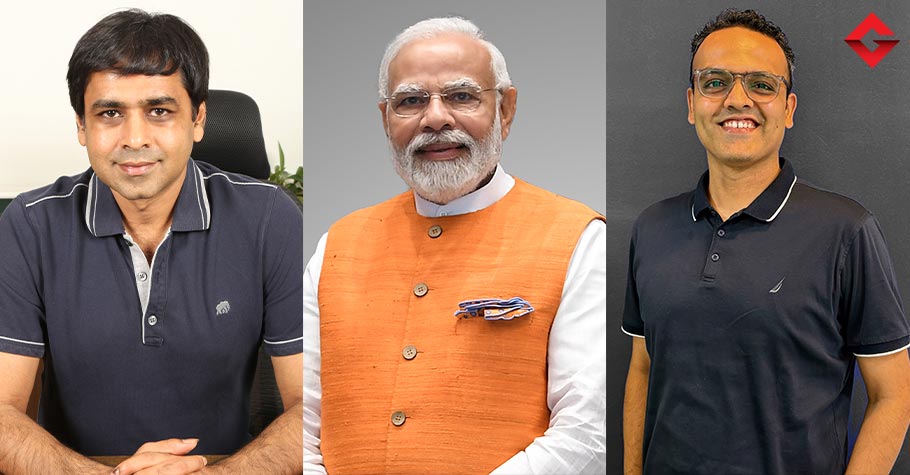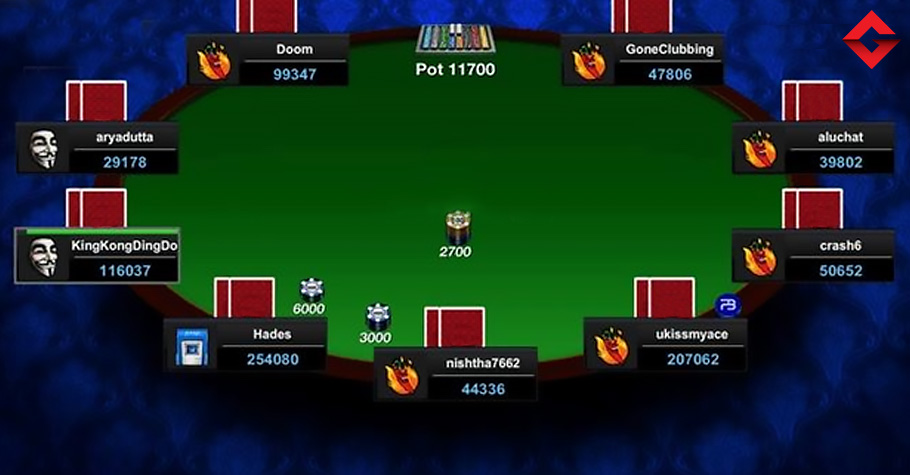 Poker
Poker
Behind The Scenes: How Poker Tournaments Are Organized And Run
Poker tournaments are a captivating blend of strategy, skill, and luck that draw players from around the world to compete for glory and substantial prizes. While the players’ experience is what most people see, the intricate and meticulous process of organizing and running a poker tournament remains largely behind the scenes. This article delves into the complex machinery that makes poker tournaments possible, exploring everything from planning and logistics to the day-to-day operations that ensure a smooth event.
The Planning Phase: Laying the Foundation
Selecting the Venue
One of the first steps in organizing a poker tournament is selecting the right venue. The venue needs to accommodate the expected number of players, provide ample space for tables, and ensure a comfortable environment. Factors like lighting, seating arrangements, and accessibility are crucial. Casinos are the most common venues for poker tournaments, but they can also be held in hotels, convention centers, or even online platforms.
Setting the Schedule
Once the venue is secured, organizers need to create a schedule that suits the event’s goals. The schedule must balance the number of games, breaks, and meal times to keep players engaged without overwhelming them. This is particularly important for multi-day tournaments where players need to maintain their energy and focus. The schedule also considers other events or activities happening in the venue, ensuring there are no conflicts.
Budgeting and Sponsorships
Financial planning is a critical component of organizing a poker tournament. Organizers must budget for various expenses, including venue rental, staffing, equipment, marketing, and prizes. Sponsorships play a significant role in covering these costs. Sponsors often provide additional funds, prizes, or services in exchange for advertising space or other benefits. Finding the right sponsors who align with the tournament’s image is essential to maintaining the event’s credibility and appeal.
Creating the Tournament Structure
The structure of the tournament is a key element that determines the flow of the event. This includes decisions on the number of players per table, the buy-in amount, the blind structure, and the payout distribution. Organizers must carefully design the structure to ensure it suits the level of players and provides a fair and exciting competition. The blind structure, which dictates how the betting limits increase over time, is particularly important as it influences the pace of the game.
The Logistics: Behind the Curtains
Staffing and Training
A successful login pentaslot poker tournament relies on a well-trained and professional staff. Dealers, floor managers, and support staff are essential to ensure the games run smoothly. Dealers must be skilled in handling cards, managing pots, and enforcing rules, all while maintaining a calm and neutral demeanor. Floor managers oversee the tournament’s operations, handling disputes, and ensuring that the rules are followed. Staff training is critical to ensure consistency and fairness throughout the event.
Equipment and Technology
The right equipment is vital to the success of a poker tournament. High-quality poker tables, chairs, cards, and chips are standard, but modern tournaments also rely heavily on technology. Digital clocks and screens display the current blinds, time remaining, and player statistics. RFID (Radio Frequency Identification) technology is increasingly used in high-stakes tournaments to track chips and cards in real time, enhancing security and providing live updates for audiences.
Security Measures
Security is a top priority in poker tournaments, especially when large sums of money are involved. Organizers implement several layers of security to protect both players and the event. This includes surveillance cameras, chip tracking, and secure payment systems. Security personnel are also on hand to monitor the event and respond to any incidents. Additionally, the tournament’s rules and regulations are strictly enforced to prevent cheating or collusion.
Player Registration and Seating
The registration process is another logistical challenge. Players can register online or on-site, and their information must be accurately recorded to ensure proper seating and prize distribution. Seating arrangements are typically determined by a random draw to ensure fairness. In larger tournaments, players may be reseated multiple times as tables are consolidated, which requires precise coordination.
ALSO READ: Can Music Influence Your Poker Grind?
The Operational Phase: Running the Tournament
Day-to-Day Operations
Once the tournament begins, the focus shifts to maintaining a smooth and enjoyable experience for all participants. This involves managing the game pace, handling player eliminations, and ensuring that the blind levels are adjusted according to the schedule. Floor managers play a crucial role in this phase, making quick decisions and resolving any issues that arise.
Managing Breaks and Meals
Managing breaks and meal times is essential in keeping players comfortable and focused. Scheduled breaks allow players to rest, refresh, and strategize. For multi-day tournaments, organizers often arrange meal services or coordinate with nearby restaurants to provide convenient options for players. Proper management of breaks also helps keep the tournament on schedule and prevents delays.
Handling Disputes and Rule Enforcement
Disputes are inevitable in any official website rusia777 tournament, and how they are handled can significantly impact the event’s success. Floor managers are trained to address disputes quickly and fairly, whether it’s a disagreement over a hand, a rule interpretation, or player conduct. The rules of the tournament are clearly outlined and communicated to all participants beforehand, and consistent enforcement is key to maintaining integrity.
The Final Phase: Concluding the Tournament
Prize Distribution
Once the tournament reaches its conclusion, the final task is to distribute the prizes. The payout structure is predetermined, with a certain percentage of the prize pool allocated to each winning position. Accurate tracking of player eliminations and standings is essential to ensure that the right amounts are awarded to the correct players. This process must be handled with transparency to avoid any disputes or dissatisfaction.
Post-Tournament Review
After the tournament, organizers conduct a thorough review to assess the event’s success and identify areas for improvement. This includes gathering feedback from players, staff, and sponsors, analyzing financial performance, and reviewing any operational issues that occurred. The insights gained from this review are invaluable for planning future events and enhancing the overall experience.
Conclusion
Organizing and running a poker tournament is a complex and demanding task that requires meticulous planning, effective logistics, and seamless operations. From selecting the venue and creating the tournament structure to managing day-to-day operations and ensuring player satisfaction, every aspect of the process contributes to the overall success of the event. While the players are the stars of the show, the efforts of the organizers and staff behind the scenes are what truly make a poker tournament a memorable and rewarding experience.

Gutshot Magazine is India’s leading real money gaming magazine that covers news, updates, previews, highlights, features and much more across verticals like poker, rummy, and fantasy sports. Our rich history that has spanned over a decade now, Gutshot Magazine has always tied up with events and tournaments that have helped push the awareness of skill gaming in the country. If you are looking for the latest updates across real money gaming, then you have arrived at the perfect destination.
More News
Top 15 Poker Rooms
-
WPT Global
Grab your welcome offer
Offer: 100% of your deposit back up to $3,000 Register -
PokerDangal
Sign up with code GUTSHOT1
Offer: Get 100% GST discount on deposits Register -
Natural8 India
Sign-up with Gutshot
Offer: Get extra 28% on all deposits Register -
Spartan Poker
Sign-up with referral code AFFGSMAG
Offer: FTD 50% Bonus Money up to ₹20K. Deposit code ‘ALLIN50’ Register -
Junglee Poker
Sign-up and get bonus
Offer: Up to ₹50,000* Register -
Calling Station
Sign-up with promo code 'AFFCSGUT'
Offer: 30% FTD bonus with code FTD30 Register -
WinZo Poker
Daily Winnings Up To ₹40 Crore!
Offer: Get ₹550 Joining Bonus For Free Register -
Stake Poker
Welcome bonus
Offer: 200% up to ₹120,000 Register
Newsletter
Thank you for subscribing to our newsletter.
This will close in 20 seconds


























